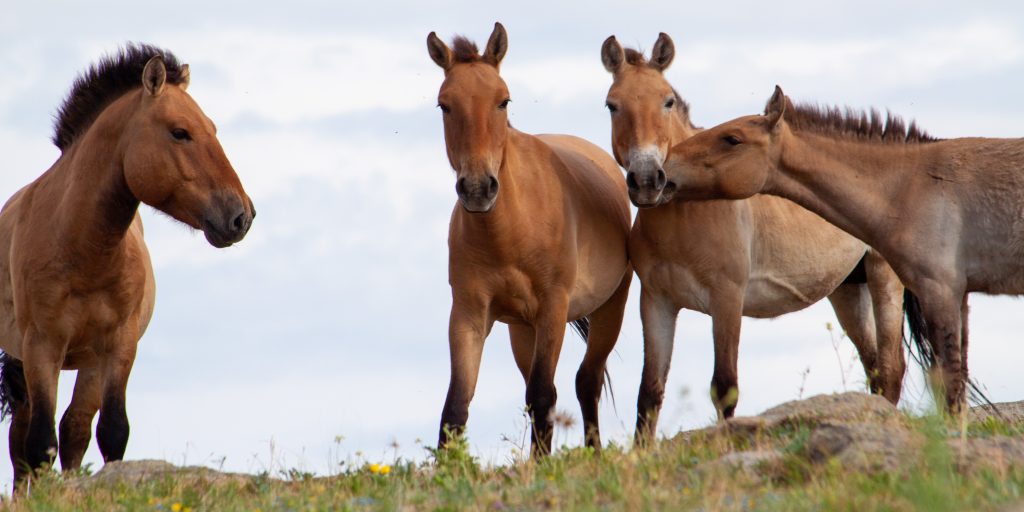Przewalski’s horses, the world’s last wild horses, are reintroduced to their native habitat after nearly two centuries.
Others are reading now
Przewalski’s horses have returned to the steppes of Kazakhstan for the first time in nearly 200 years.
The reintroduction effort aims to bring the world’s last wild horses back to their native grasslands and wetlands in central Kazakhstan, known as the Altyn Dala, or Golden Steppe.
Historic Reintroduction
Przewalski’s horses, named after the Russian geographer Nikolai Przewalski who discovered them in the late 19th century, used to live all across Central Asia.
By the time they were discovered, their range had shrunk to a small area in western Mongolia.
Also read
They were declared extinct in the wild by the 1960s but survived in captivity.
The Prague Zoo, which manages the records for Przewalski’s horses, is leading this reintroduction project.
In early June, the first group of seven horses — one stallion and six mares — arrived in Kazakhstan. Around 40 more horses are expected to arrive over the next five years.
“These are the first wild horses to touch soil in the steppes of central Kazakhstan in hundreds of years,” Miroslav Bobek, director of Prague Zoo, told Reuters.
“We still have a long way to go, but this was a historic moment.”
The horses were flown from Prague and Berlin to the Kazakh city of Arkalyk by Czech army planes. From there, they traveled seven hours by truck, accompanied by zookeepers.
They will spend a year in an enclosure to learn how to find water and food during the harsh steppe winters.
Conservation Efforts
This reintroduction is part of wider conservation efforts.
Similar projects in China and western Mongolia have successfully established a population of around 850 horses. In Kazakhstan, the project aims to boost biodiversity. The horses play an important role by grazing on various grasses and spreading seeds.
“It is quite important to have these wild horses,” said Albert Salemgareyev, lead specialist for the Association for the Conservation of Biodiversity in Kazakhstan.


